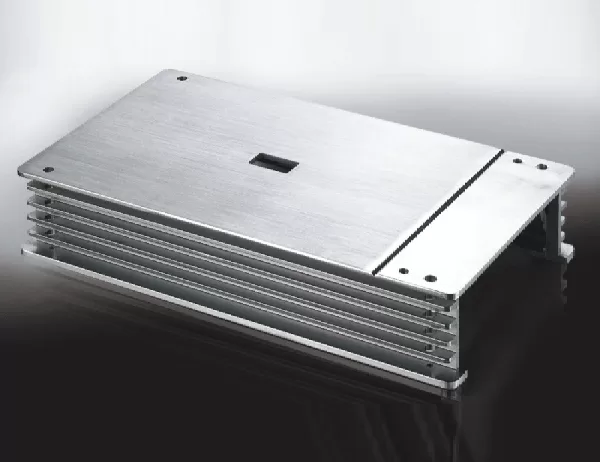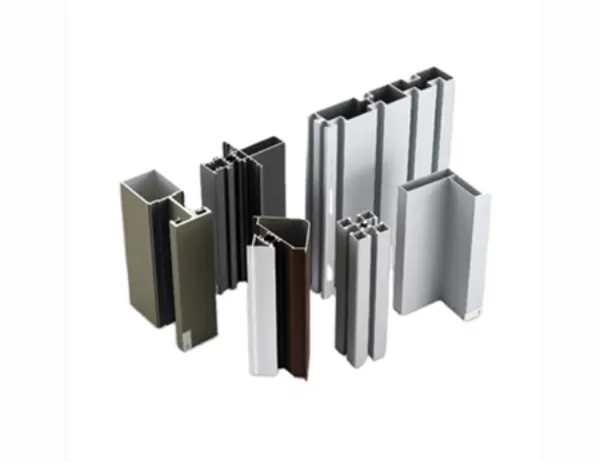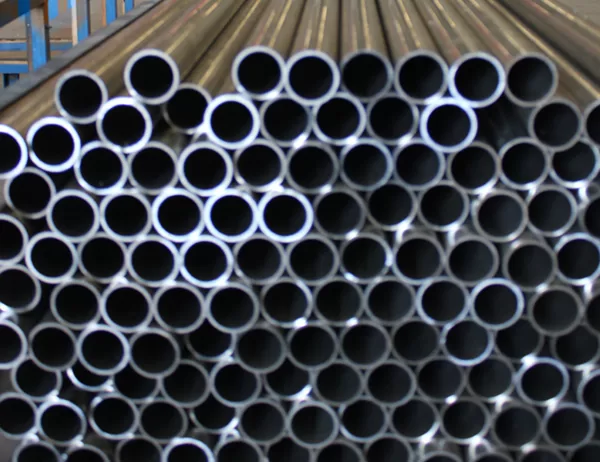In the realm of industrial construction, the demand for robust and enduring materials is paramount. Among the myriad of options available, aluminum profiles have emerged as a formidable force, offering exceptional structural integrity and durability that empowers architects and engineers to push the boundaries of design.
Unrivaled Strength and Stability
Industrial aluminum profiles are renowned for their remarkable strength-to-weight ratio. This inherent characteristic enables them to withstand significant loads without compromising structural integrity. The high-grade aluminum alloys used in these profiles exhibit exceptional tensile and flexural strength, allowing them to bear both static and dynamic forces with ease.
Moreover, the extruded nature of aluminum profiles contributes to their stability. The manufacturing process ensures consistent material distribution, eliminating the possibility of weak points or imperfections that could jeopardize structural soundness. This inherent rigidity makes aluminum profiles ideal for applications where dimensional accuracy and resistance to deformation are critical.
Corrosion Resistance and Longevity
Industrial aluminum profiles possess an extraordinary resistance to corrosion, making them an excellent choice for outdoor or harsh environments. The protective oxide layer that naturally forms on the surface of aluminum acts as a barrier against environmental factors like moisture, salt, and chemicals. This inherent durability ensures that aluminum profiles maintain their structural integrity over extended periods, reducing maintenance costs and extending the lifespan of the structure.
Lightweight and Flexibility
Despite their impressive strength and stability, industrial aluminum profiles are remarkably lightweight. This attribute makes them easy to handle, transport, and install, reducing labor costs and construction time. Additionally, the flexibility of aluminum allows for complex shapes and configurations, enabling architects to create innovative and visually striking designs.
Sustainable and Environmentally Friendly
Aluminum is a highly recyclable metal, making industrial aluminum profiles a sustainable and eco-friendly choice. By utilizing recycled aluminum, manufacturers can significantly reduce the environmental impact of production while conserving natural resources. The durability of aluminum profiles also contributes to sustainability by ensuring long-lasting structures that minimize the need for repairs or replacements.
Conclusion
Industrial aluminum profiles have revolutionized the realm of structural engineering by providing an exceptional combination of strength, durability, and flexibility. Their resistance to corrosion, lightweight nature, and environmental friendliness make them the preferred choice for demanding applications where structural integrity and longevity are paramount. As technology continues to advance, the potential of aluminum profiles to enhance the resilience and aesthetic appeal of industrial structures will only continue to grow.




